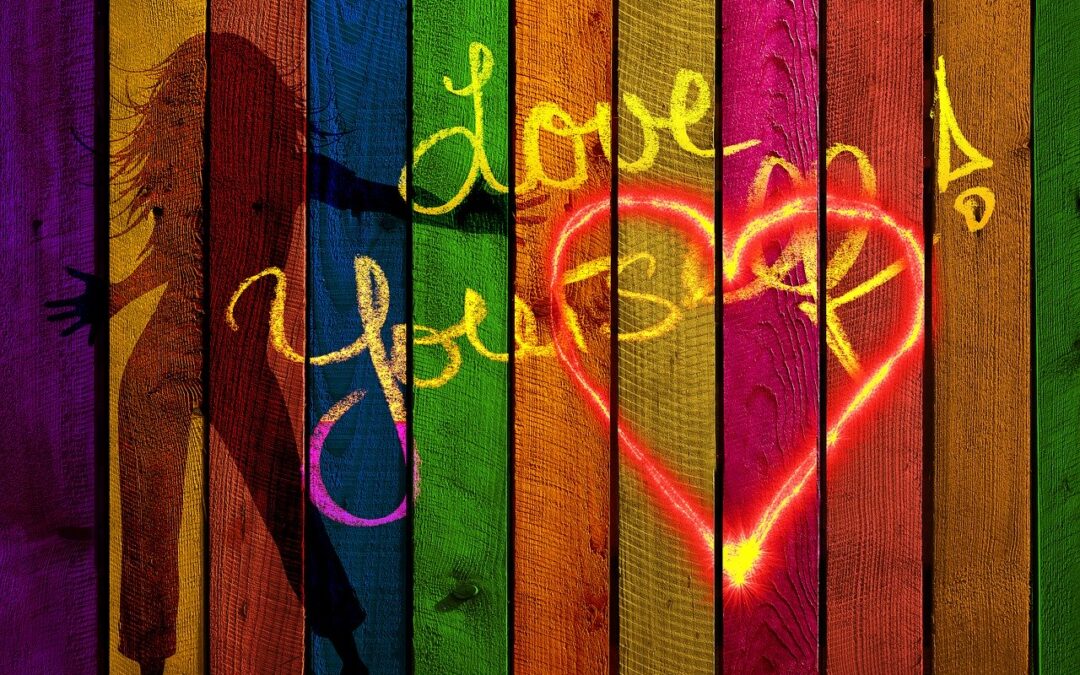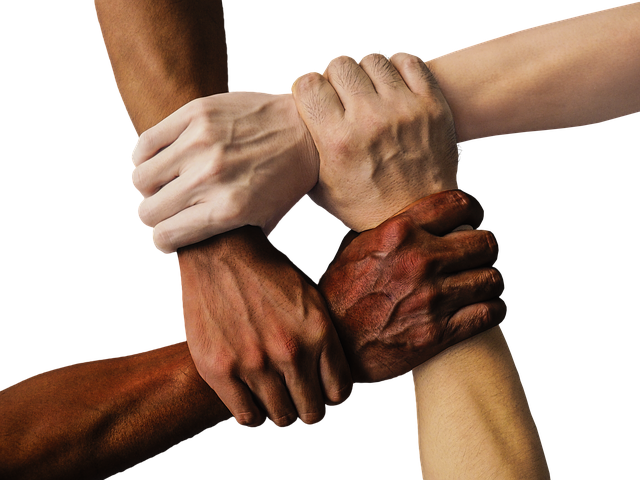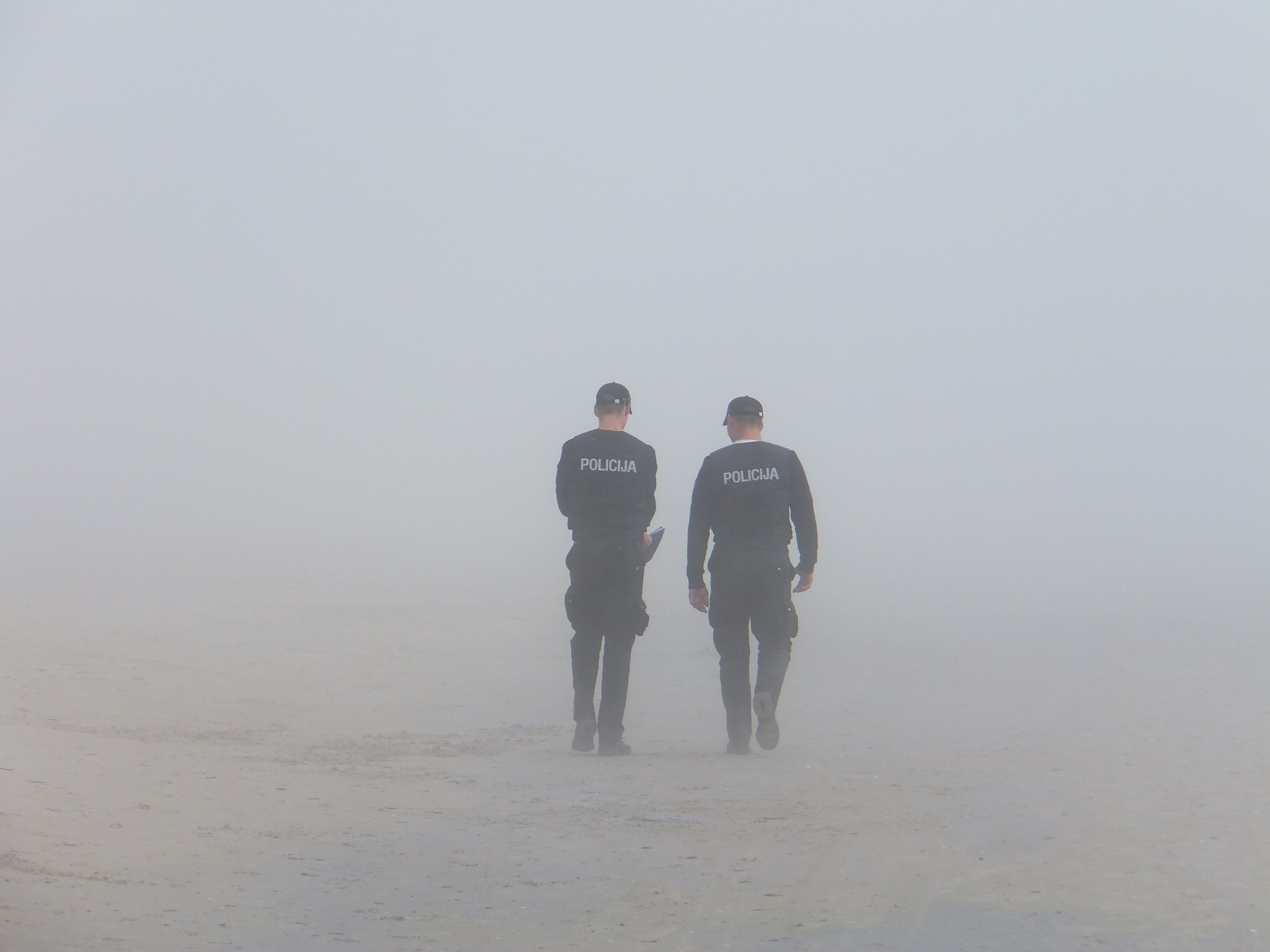
Embodied Wisdom
Embodied Wisdom
I notice my body’s ability to move after the initial shock.
I shift to fill in the space of the surprise,
I flow into the uncertainty.
Internal wisdom in moments of uncontrol.
-Jane Tornatore

Embodied Wisdom
I notice my body’s ability to move after the initial shock.
I shift to fill in the space of the surprise,
I flow into the uncertainty.
Internal wisdom in moments of uncontrol.
-Jane Tornatore

I’m proud to share that I got a piece published in Thrive Global! Arianna Huffington’s new venture. I talk about a pretty dark period in my life, but it ends well. ♥
…
“It was a sunny fall afternoon in 1996. On this particular day I was sitting on my bed reading a self-help book.
And I was thinking of killing myself…” Read more at Thrive Global
Also, my interview on Lisa Zawrotny’s Positively Living Podcast is up! Lisa and I are kindred spirits. In it you will hear my story about how I made my life hard in Kindergarten, and at the end, you’ll hear 2 super simple practices to reduce your stress.
Take care,

When I was a child, half a century ago
books, playing outside, and my sister
provided respite from a scary world.
Time passed.
I, and my coping skills, grew.
I thought I needed respite less.
Time passed.
The worlds continued to shift.
COVID visits and I remember.
Books, being outside, and connecting to people I love.
Havens of safeness
Still.

I’ve been feeling a lot of fear lately. Maybe you have too?
Fear is not usually helpful, unless a tiger is chasing you and fear makes you run. Then it is super helpful!
When we are afraid, our brain shuts downs. We get less blood flow to the decision-making parts of our brain. The most primitive part of our brain, the amygdala, is in charge. Again, this is awesome when we literally need to fight or run for our lives, but not great when we are in an argument with someone, or in bed at night trying to sleep.
Because my go-to response is overwhelm or a sense of helplessness, I always look for how I got back to a sense of agency. How I can choose to respond, instead of my brain shutting down.
Yesterday I was feeling a lot of fear for humanity. I’m afraid of our isolation and our inability to see each other because we are wearing masks. Masks cover the parts of our face that convey whether we are dangerous or safe to others.
For the brain geeks reading this, the part of our face between our eyes and mouth constantly has micro-movements we can’t consciously control. The nervous system takes that information and tells our body whether we can relax with someone or be on guard.
Back to the antidote (woohoo!) One of the best antidotes to fear is connecting—connecting to ourselves, others, pets, nature. Connecting gets your brain on board.
Yesterday was a beautiful, warm, sunny afternoon in Seattle, and I was filled with fear. It was time to be in nature.
As soon as I was done working, I hauled my towel, a good book, snacks, and my floatie to my favorite place in the summer—Greenlake—a lake in the middle of Seattle.
I floated in the lake, feeling the water on my legs, looking at the blue sky, the ducks, and the people swimming. I got out of my head and into the amazing part of the world that is still here, even during the coronavirus.
I felt peace and calm and joy. Greenlake brought me back to myself.
Nature has the power to bring us out of our minds, so we can come back to ourselves.
There are many ways to connect. A favorite way to connect is to talk to people I love. Even leaving a voicemail saying I called to say I love them makes me feel connected. I pet my cats. I get out of my fear-based mind and am present with what is outside my mind and my negative thoughts.
What are your ways to connect? Use them, especially now that the world is set up to disrupt our connections. It is important that we intentionally choose to connect and relate, and be in our hearts versus in fear.
My new favorite way to connect is through being on podcasts. I am always amazed at the conversations I have. The connection that occurs in the space of an hour, even when I’ve never spoken to the person before, still surprises me.
I invariably leave the interview feeling deep gratitude for the experience and the person I just spent time with.
In this Love Note I am including a podcast recently posted. Conveniently, the Podcast is Connectfulness.
I’ve known Rebecca Wong for several years. We met at a conference for therapists. I connected with her right away. And during this podcast I remembered one of the things that drew me to her—her skill at listening and being present to the conversation are unparalleled.
Have a listen, and see if you feel more connected as a result.
Take care,

P.S. As I type this up, a little later, I am feeling ridiculously good. The world is not any different than yesterday, but I am different in it, because I made the choice to connect rather than stay in fear. Woohoo!
Now is the time.
Now is the time to do whatever we can to fight racism.
That doing will not be the same for everyone.
Many of my clients, and I, are saying and feeling, “I’m not doing enough.”
I am of two minds about this.
First, it is true. There is more we could do, always. There is more to do than we can ever do. Even if we do all we can, we alone, cannot fix all the oppression in the world.
Do not let this stop you. Don’t let it draw you into hopelessness. There is always something you can do. Seek those actions out and do them, even if they are small.
Small actions matter. They add up. They make a difference.
Small actions feed you. They feed you so you have energy to do more. They work. They help.
My second mind says, when we spend so much energy telling ourselves we aren’t doing enough, we help less. We have less motivation to take action. We drain ourselves.
Draining ourselves helps no one.
When you are drained, you have less to give to create change. Give yourself time and space for what nourishes you. When you are replenished, you have more to give.
Let yourself be fed by the actions you are taking for yourself, and to fight racism.
Let them feed you, and you will feed others.
One of the actions I am taking is to educate myself about oppression.
If you are white, please read White Fragility by Robin DiAngelo.
It is a hard book to read. You will feel bad. You will learn ways you are racist that you never knew.
I did.
You will also have information to help you counter the implicit racist perceptions we ALL have, simply by living in the United States. It will make you more aware.
When we are aware, we can make different choices.
PBS is screening, for free, Reconstruction: America After the Civil War. It will show you the long history of oppression that still affects us today.
If you want to take action, and are not sure what would be helpful, this article is for you; It lists 75 things people can do for racial justice.
Another article, Dear White People, This is What We Want You to Do, is full of emotionally difficult truths, but they are important to know.
It is hard to know these things. It is emotionally draining. I don’t know anyone who claps for joy at seeing others’ pain, or seeing our own blindness.
Allow yourself to feel the pain. Don’t shut down. Let it open you up. Let it feed you.
When our heart is broken open, it becomes bigger. We have more compassion.
More compassion is what we ALL need right now.
Take care,


In my early 20’s, I would have made an awful police officer.
After college, I moved to NY and worked in New York City. Two years later, at the age of 23, I left because I was turning into someone I didn’t like. I was becoming harder, more guarded, suspicious, and more ist—classist, racist, educationalist, and probably several other ists.
NYC is a place where you see the best of people and the worst of people. When faced with extremes, we start to think in extremes.
When we constantly see people under stress, living difficult lives, it is easy to put them in a box. We have no curiosity about who they are, and why they are doing what they are doing.
In our minds, they become what we label them.
The great child psychologist Jean Piaget wrote, “every problem behavior was once a solution.”
We can’t have compassion when we see people as bad, rather than people trying to solve problems (even when those actions create problems).
When we lose our compassion, we lose our humanity.
I don’t know what it would be like to be a police officer. I do know they are often called into people’s lives at their worst. They see people who are hurt and who hurt others. Given my experience in NYC, I know how difficult it would be to maintain compassion if I faced people at their worst on a daily basis.
At a Rotary board meeting once, I heard about police officers taking supplies like diapers when they go on domestic calls. They pay for these supplies out of their own pockets.
Right before I sat down to write this, 3 police cars raced by, lights flashing and sirens blaring. I sent them a silent prayer, wishing them grace under pressure, and the ability to think and act clearly, and with compassion.
I’m still not sure if I would make a good police officer.
I do know these humans–whether they are the police or the people they are there to arrest, or to help–can use all the compassion and love they can get, and that we can give them.
Take care,
